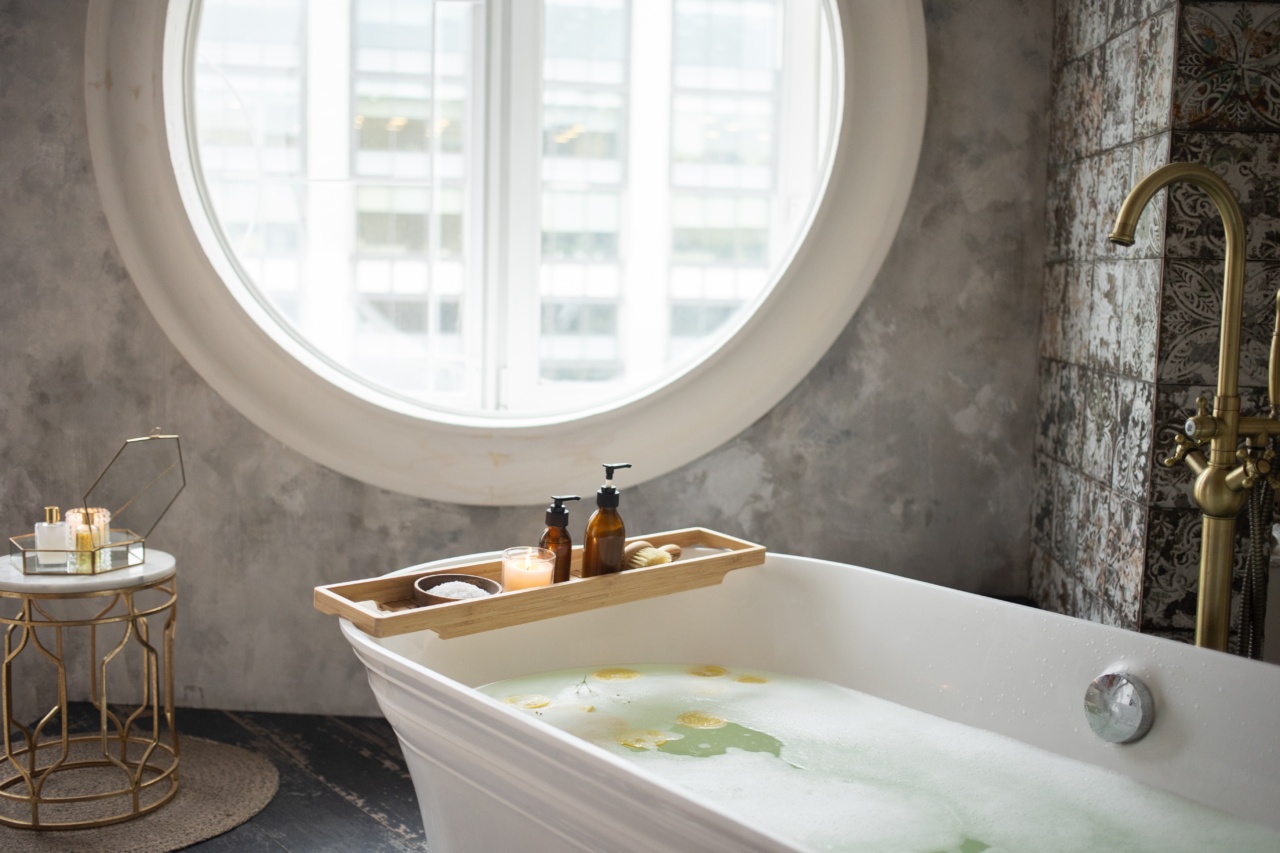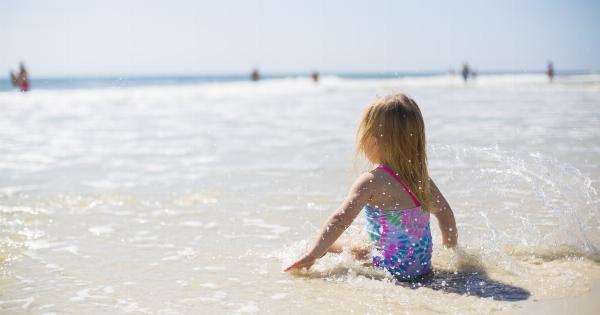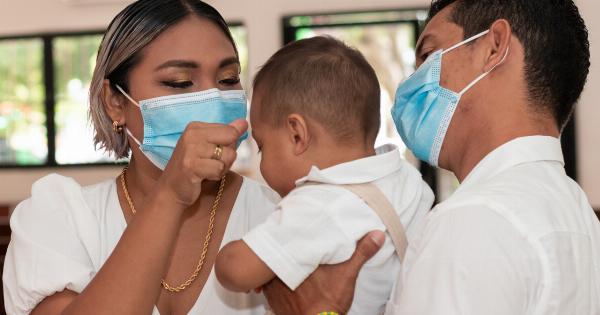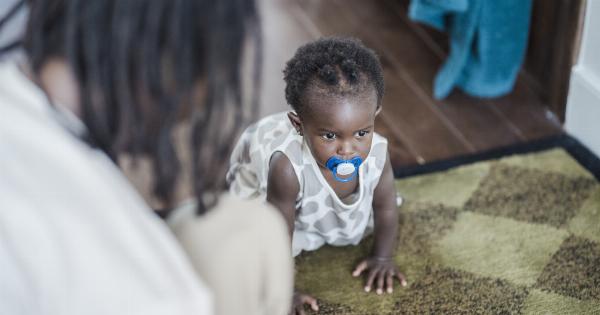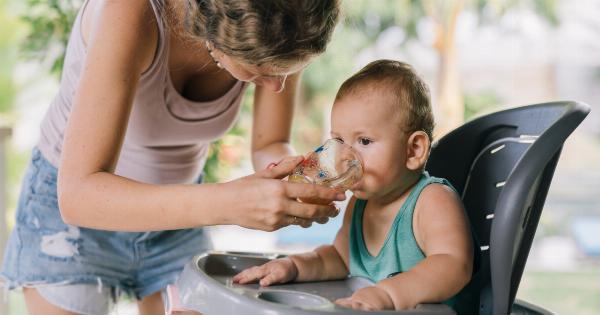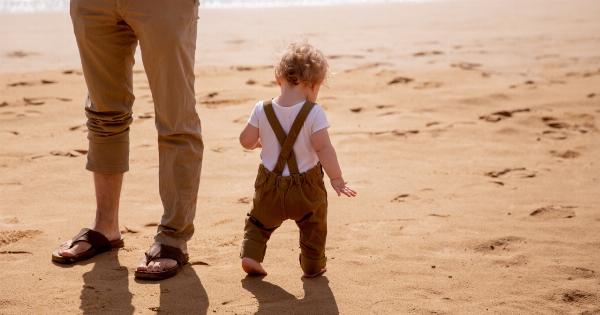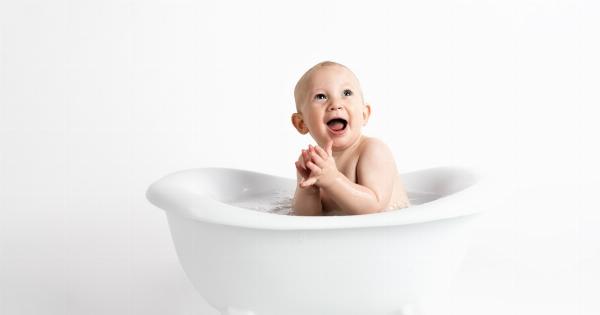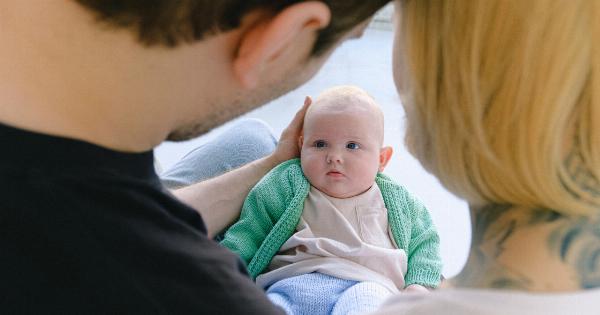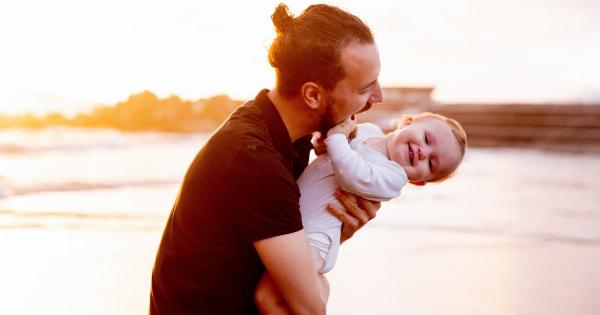Bathing a baby can be a joyful experience for both parents and little ones, but it is crucial to pay attention to the water temperature.
Babies have more sensitive skin than adults, and using water that is too hot or too cold can lead to discomfort or even injury. Finding the right water temperature for your baby’s bath is essential to ensure a safe and enjoyable bathing experience.
In this article, we will discuss the ideal degree for your baby’s bath and the factors to consider when determining the perfect water temperature.
1. Understanding Your Baby’s Skin
Baby skin is delicate, and it requires extra care and attention. It is around 30% thinner than adult skin, making babies more susceptible to burns, dryness, and irritations.
Their skin also absorbs and loses moisture more quickly, making it prone to drying out. Moreover, babies cannot regulate their body temperature as effectively as adults, so maintaining the right water temperature becomes crucial.
2. Optimal Water Temperature for Babies
The ideal water temperature for a baby’s bath is around 100°F (37°C). This temperature is similar to what your baby experienced inside the womb, providing a comforting and relaxing environment.
A bath at this degree helps soothe babies, promotes better sleep, and creates a bonding opportunity for parents and infants.
3. Testing the Water Temperature
Before placing your baby in the bath, it is essential to check the water temperature carefully. Using a thermometer specifically designed for baby bathwater can provide accurate readings. Alternatively, you can use your wrist or elbow to check the water.
The water should feel warm, not hot or cold, to the touch.
4. Safety Precautions
While maintaining the right water temperature is crucial, it is also essential to follow safety precautions during bath time. Some important safety tips include:.
5. Avoid using hot water
Water hotter than 100°F (37°C) can scald a baby’s sensitive skin within seconds. Always use warm water to ensure your baby’s safety and comfort.
6. Never leave your baby unattended
Infants can drown in even shallow water, so it is vital to always stay within arm’s reach of your baby during bath time.
7. Gradual Temperature Adjustments
When transitioning to a different water temperature, make sure to do so gradually. Sudden temperature changes can shock a baby’s system and make them uncomfortable.
8. Additional Factors to Consider
While the ideal bath water temperature is 100°F (37°C), there are a few factors that might influence the perfect degree for your baby. These include:.
- Season and weather: Adjust the water temperature slightly cooler during hot summer months and warmer during cold winter months to ensure your baby’s comfort.
- Personal preference: Each baby is unique and may have different preferences when it comes to water temperature. Pay attention to your baby’s reaction and adjust accordingly.
- Age: As your baby grows, their sensitivity to water temperature may change. Keep monitoring their comfort level and adapt as needed.
9. Signs of Excessive Heat or Cold
While the ideal water temperature is 100°F (37°C), it’s important to be aware of signs that your baby may be uncomfortable due to excessive heat or cold:.
- If your baby’s skin turns red or becomes blotchy, the water may be too hot.
- If your baby shivers or has bluish lips, the water may be too cold.
- Excessive crying or signs of distress can also indicate an uncomfortable water temperature.
10. Conclusion
Finding the right water temperature for your baby’s bath is essential for their safety, comfort, and enjoyment. Remember to use warm water around 100°F (37°C) and always prioritize safety during bath time by following the necessary precautions.
With proper attention and care, bath time can become a pleasant and bonding experience for both you and your baby.
